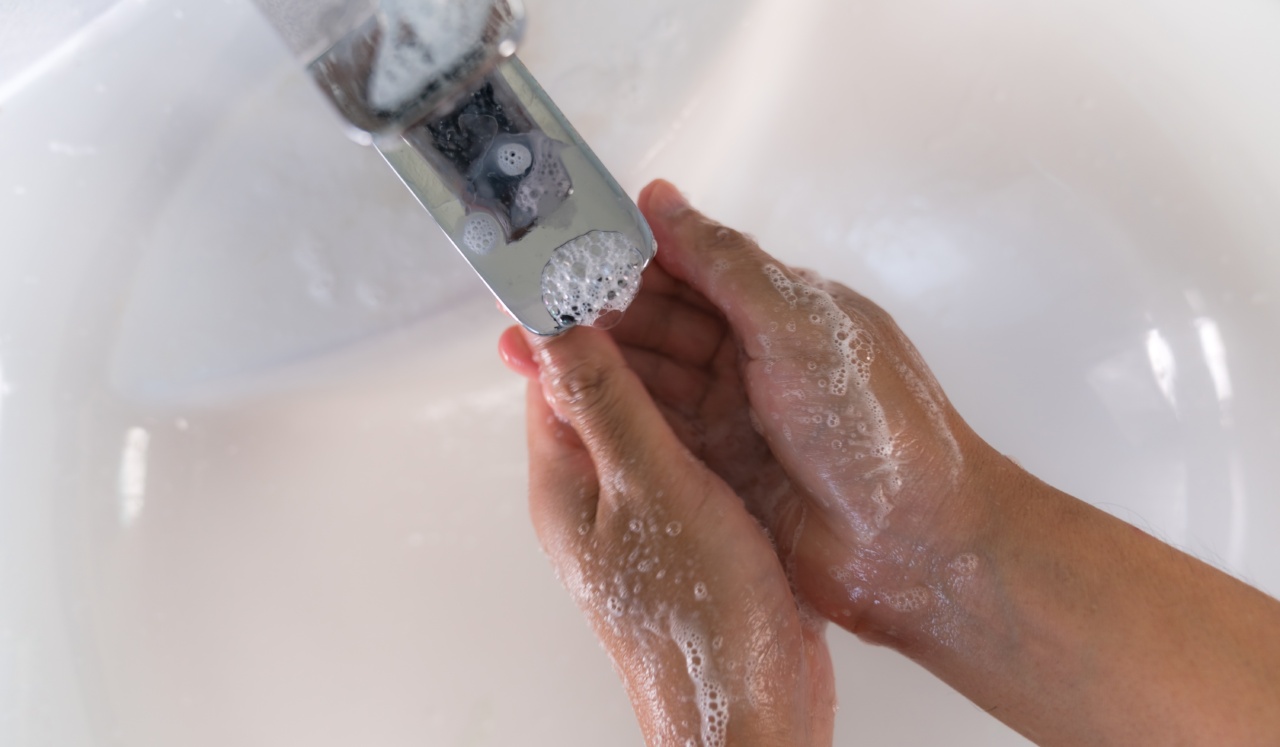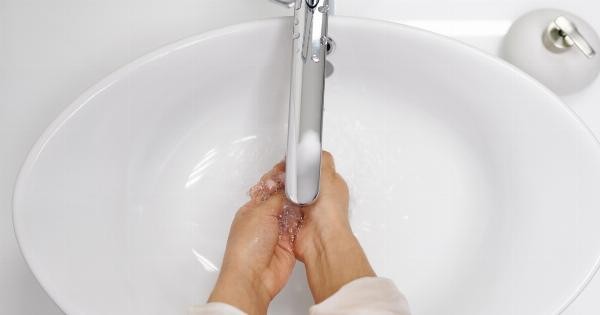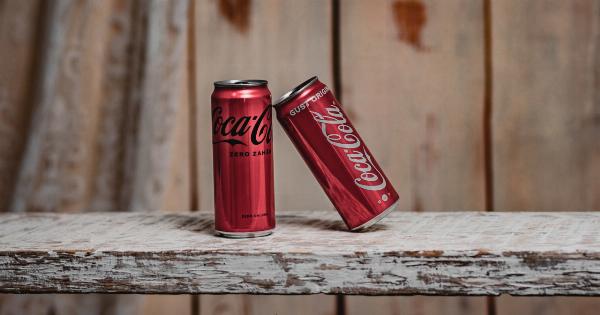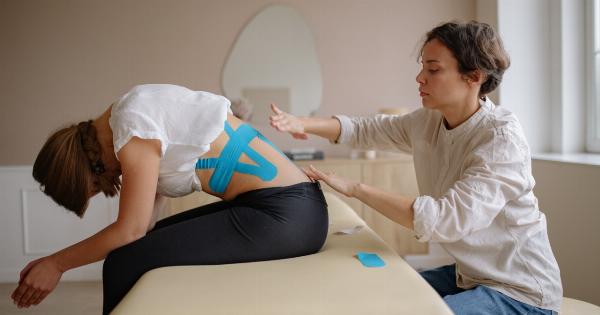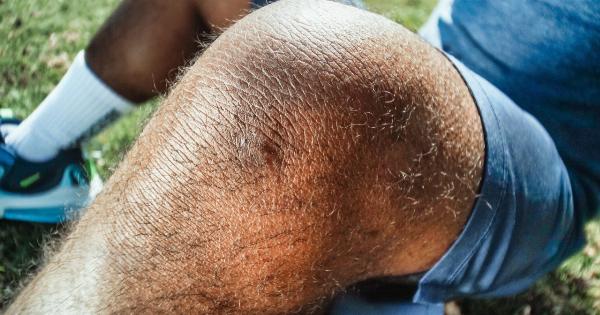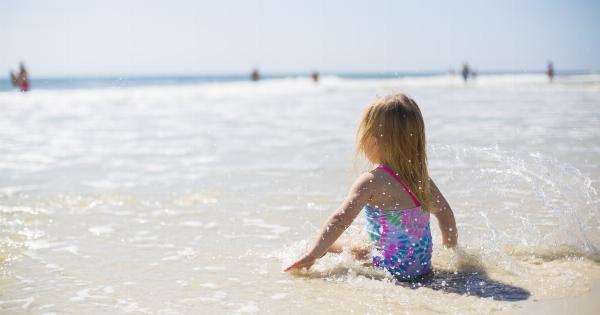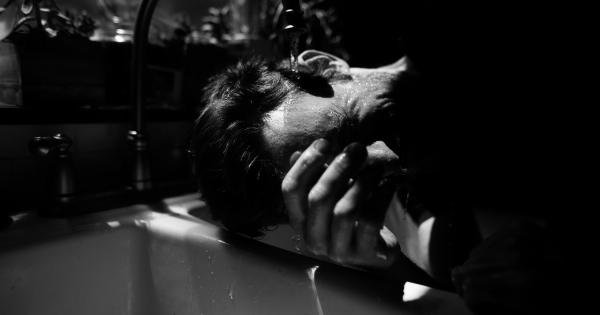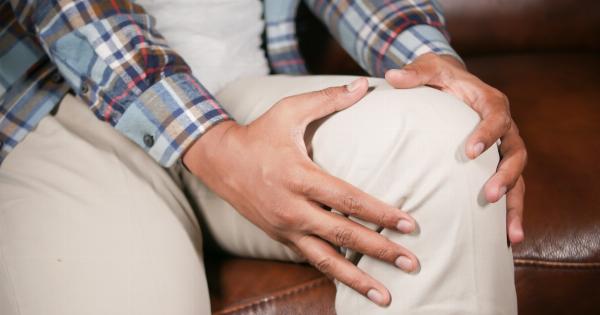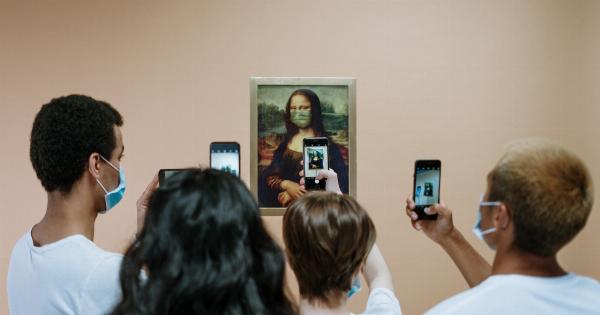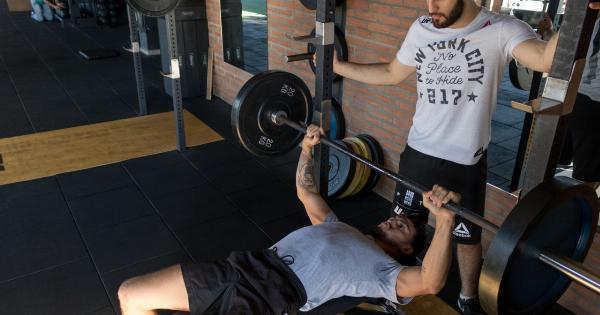One of the most common household hazards that people tend to overlook is the danger of scalding from hot tap water. Did you know that hot tap water can be hot enough to cause serious burns, especially in children and the elderly?.
In this article, we will discuss some simple steps you can take to prevent injury from dangerously hot tap water.
Understand the Risks
Before we get into the preventative measures, it’s important to understand the risks involved with hot tap water. Water that comes out of a faucet at 140°F (60°C) can cause third-degree burns in just five seconds.
Children, elderly people, and those with disabilities are particularly vulnerable to scalds because their skin is thinner and more delicate than adults.
Additionally, children lack sufficient judgment and physical coordination to react appropriately to a dangerous situation.
Adjust the Temperature of Your Water Heater
The most effective way to prevent scalds from hot tap water is to lower your water heater’s thermostat. Most manufacturers have the water heater thermostats set to 140°F (60°C) by default, which is much hotter than you need.
Setting the thermostat to 120°F (49°C) will reduce the risk of scalding and also save energy.
Remember, the lower temperature setting will limit the temperature of the hot water that comes out of your taps.
If you feel that the temperature is not hot enough for your needs, adjust the thermostat gradually until you find the right balance between safety and comfort.
Install Anti-Scald Devices
If lowering the temperature of your water heater is not an option, or you need to have hotter water for certain tasks, you can install anti-scald devices to your faucets and showerheads.
Anti-scald devices limit the amount of hot water that flows out of the faucet or showerhead, which reduces the risk of scalding.
There are different types of anti-scald devices available on the market, such as pressure balance valves and thermostatic mixing valves.
Consult with a plumber or a qualified professional to determine which type of anti-scald device is best suited for your needs.
Teach Children About Hot Water Safety
Education is critical to preventing accidents from happening. It’s essential to teach children and other vulnerable members of your family about the dangers of hot tap water and how to stay safe. Here are a few tips you can follow:.
- Always supervise young children around hot water.
- Show them how to test the water temperature before they get in the shower or bath.
- Teach them to turn on the cold water first, followed by the hot water, to avoid a sudden burst of hot water.
- Teach children to avoid touching any hot water pipes or radiators.
Check the Water Temperature Before Bathing or Showering
Before you or your loved ones get into the bath or shower, it’s essential to check that the temperature is safe. You can do this by using a thermometer to measure the water temperature or by using your hand to feel the water.
If the bath or shower is too hot, adjust the faucet or showerhead to reduce the temperature. Remember, it’s better to err on the side of caution and have slightly cooler water than risk scalding.
Be Careful When Using Hot Water Appliances
Aside from the taps and showerheads, there are other appliances around your home that use hot water, such as washing machines, dishwashers, and coffee makers.
It’s essential to be careful when using these appliances, especially if you have young children around.
One way to prevent scalding is to set these appliances at the lowest temperature possible. You can also use an anti-scald device for these appliances to limit the flow of hot water.
Take Action If You Have Suffered a Scalding Injury
If you or a loved one has suffered a scalding injury from hot tap water, it’s important to take swift action. Here are a few steps you can follow:.
- Remove any clothing or jewelry that may have been exposed to the hot water.
- Cool the affected area with cool (not icy) water for ten to fifteen minutes.
- Call for emergency medical assistance or go to the nearest hospital immediately.
- Take photographs of the injured area and any damage to clothing or other property.
- Document the incident and keep a record of any medical costs or other expenses you incur as a result of the injury.
Conclusion
Preventing injury from dangerously hot tap water is relatively simple, but it requires action on your part. By following these tips, you can reduce the risk of scalding and keep your loved ones safe. Remember, prevention is always better than cure.
